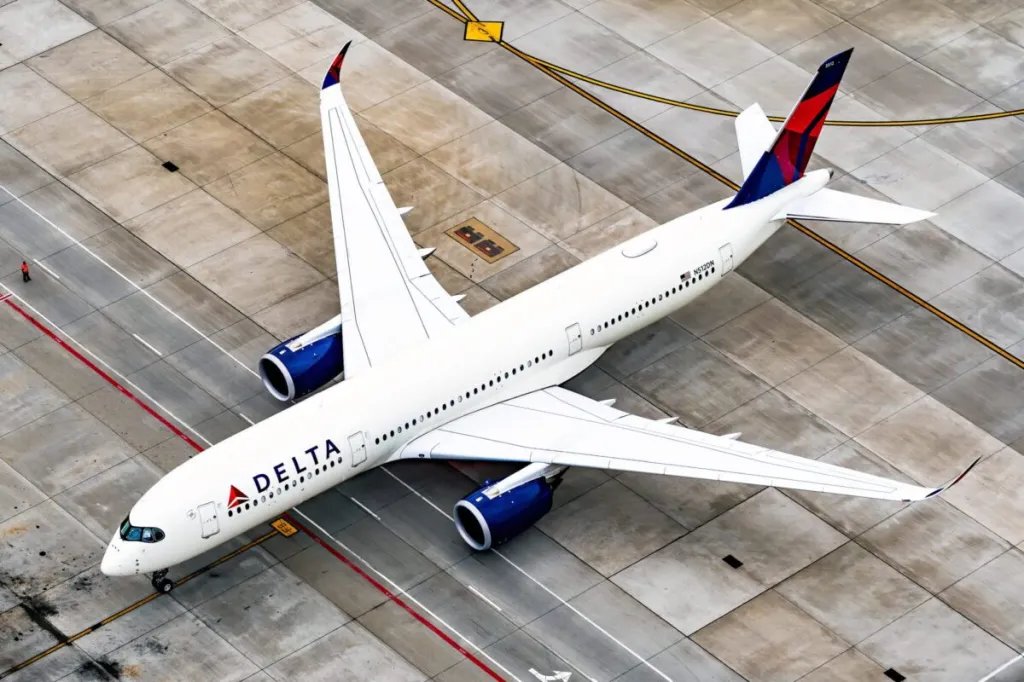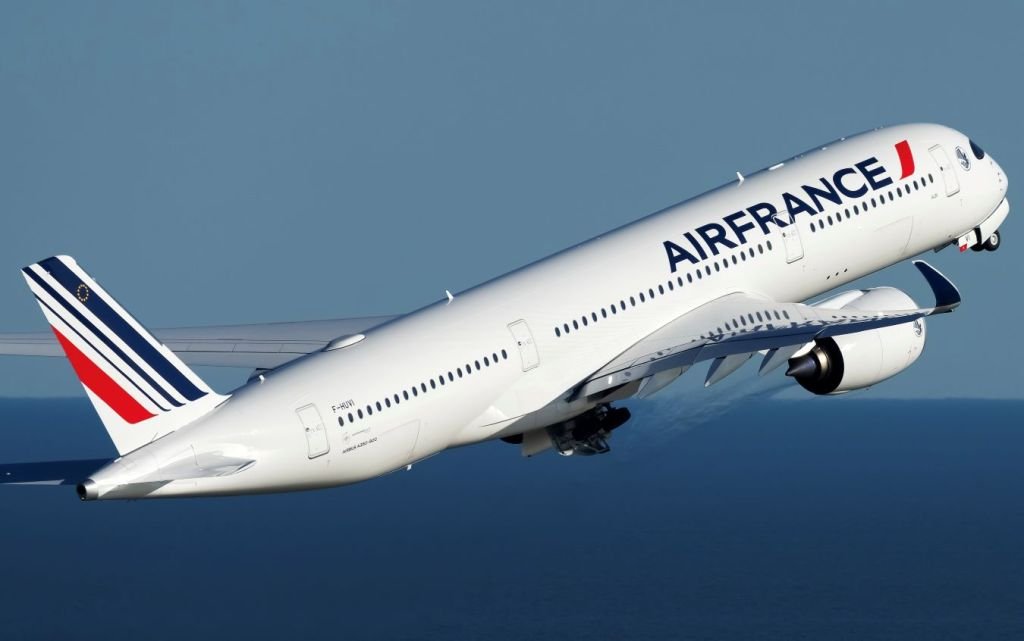Travel Market Insights
Unmanaged Business Travel Still Dominates as SMBs Seek Flexible, Consumer-Style Booking

A recent Euromonitor International report estimates that nearly 65% of global business travel spending, which is projected to reach $2.9 trillion by 2029, is still unmanaged.
Small and mid-sized businesses (SMBs), defined as companies with 1–200 employees, represent 26.1% of the total business travel market and are projected to grow the fastest, at a CAGR of 7.1% through 2029, according to the report, which was commissioned by Navan.
Despite frequent travel needs, SMBs remain the least likely to use a travel management company. For travel management companies (TMCs), this represents both a problem and a massive opportunity.
Unmanaged Business Travel’s Pitfalls and Advantages
Eva Fouquet, SVP of Strategic Partnerships at Kayak for Business, sums up the paradox neatly: “Unmanaged travel sticks around because it feels easy, until it’s not.”
In practice, unmanaged travel often means employees booking trips themselves on consumer platforms like Kayak, Expedia, or even directly through airline websites.
Receipts get lost, reimbursements are delayed, and no one’s sure who’s where at any given moment.
“You don’t know where your travelers are. If they have to change their plans, it’s not that easy,” Fouquet said.
Still, the perceived flexibility and familiarity keep many SMBs from switching to managed platforms.
Amy Butte, CFO at Navan, argues that the problem stems from the fact that traditional travel management solutions simply weren’t built with SMBs in mind.
“Legacy platforms often neglect the end user, making the booking process clunky and frustrating,” she said. “Employees want tools that are as easy to use as consumer apps, and if they don’t get that, they tend to book outside the system.”
For many SMBs, it’s not just about ease; it’s also about economics. Butte points out that a large portion of unmanaged travel is driven by cost perceptions.
“They believe managed solutions aren’t financially accessible or the cost can’t be justified for their volume,” she said.
What SMBs Actually Want
When asked what small businesses care about most in a travel solution, Fouquet was clear: It’s not just about cost, control, flexibility, or simplicity; it’s all four, and they’re deeply interconnected.
Ray Slater Berry, founder and CEO of the content agency DSLX, is exactly the kind of SMB leader TMCs are trying to convert. So far, they haven’t succeeded.
“Everyone books their own travel and invoices us after,” he said. The company once experimented with TravelPerk years before its rebrand, but found it clunky and often more expensive than booking directly.
“The user experience just wasn’t good enough, and we felt we could find cheaper deals on our own,” Berry said.
Today, DSLX’s decentralized, do-it-yourself approach works for its size and needs, but Berry admits that if the company scaled dramatically, it might consider switching to a more centralized platform.
And that’s the catch: most SMBs won’t prioritize change unless something breaks.
Fouquet sees this pattern repeatedly. “Travel isn’t the first priority for SMBs. Unless something feels broken, they keep the status quo.”
For her team, the focus has been on education, showing how platforms like Kayak for Business can offer better travel adoption rates, less manual reconciliation, and real-time reporting, without the pain of a traditional onboarding process.
The Future of Business Travel
The future of corporate travel, both Navan and Kayak argue, isn’t necessarily tightly managed in the traditional sense. It’s smartly optimized. That means lighter controls layered over flexible, self-serve platforms.
“The future is mirroring consumer travel,” said Fouquet. “Employees should be able to book wherever it’s easiest, whether that’s on our platform, on the United app, or by calling an agent, and have it all sync into one system for the company.”
Butte agrees: “ Businesses are recognizing that an unmanaged approach doesn’t deliver the savings, efficiency, or traveler support they need in today’s environment. There’s a huge opportunity to show SMBs how easy it is to switch, and how quickly they can benefit from smarter, more efficient travel management.”
Travel Market Insights
Delta Says It Will Not Use AI to Target Customers

Key Points
- Delta Air Lines clarified it does not use AI to set individualized airfares based on personal data, following criticism from lawmakers.
- The airline uses AI, via a partnership with Fetcherr, to assist in dynamic pricing for a growing portion of its domestic flights, but claims all fares are determined by market dynamics and are publicly available.
- Lawmakers and officials have expressed concerns about potential predatory or ‘surveillance’ pricing, prompting Delta to stress its commitment to fair, competitive pricing and data privacy.
Summary
Delta Air Lines has publicly stated that it does not use AI to set individualized prices based on personal customer data, responding to recent criticism and inquiries from U.S. lawmakers. The airline acknowledged using AI technology, through a partnership with Fetcherr, to assist analysts in setting fares for a portion of its domestic flights, with plans to expand this use. However, Delta emphasized that fares are determined by market competition, not personal data, and all prices are transparently published, aiming to dispel concerns about privacy and potential predatory pricing.
Travel Market Insights
U.S. Dollar Slide Hurts Accor, Minor, and Meliá

Some of the world’s largest hotel companies saw their earnings dented by currency swings in the first half of 2025, as euro and baht-reporting groups absorbed losses while U.S.-based chains appeared largely insulated from the volatility.
Accor, Meliá Hotels, and Minor International all reported currency-related losses that offset solid operational performance. Meanwhile, U.S.-based Hilton and Wyndham, which report in dollars, did not mention foreign exchange impacts in their earnings calls and appeared shielded from the same pressures.
The U.S. dollar index dropped 10.8% in the first half of 2025 following the Trump administration’s April tariffs and public clashes with the Federal Reserve. The resulting investor pullback caused the dollar to weaken sharply against the euro, baht, and other currencies.
Accor: Currency Among Its Biggest Headwinds
Paris-based Accor repo
Travel Market Insights
Winners, Losers, and Lots of Premium Seats: Europe’s Airline Scorecard

Skift Take: Premium cabins still drive profits, but it's the low-cost threat that keeps Europe's legacy carriers up at night.
-

 Brand Stories2 weeks ago
Brand Stories2 weeks agoBloom Hotels: A Modern Vision of Hospitality Redefining Travel
-

 Brand Stories1 week ago
Brand Stories1 week agoCheQin.ai sets a new standard for hotel booking with its AI capabilities: empowering travellers to bargain, choose the best, and book with clarity.
-

 Destinations & Things To Do2 weeks ago
Destinations & Things To Do2 weeks agoUntouched Destinations: Stunning Hidden Gems You Must Visit
-

 Destinations & Things To Do1 week ago
Destinations & Things To Do1 week agoThis Hidden Beach in India Glows at Night-But Only in One Secret Season
-

 AI in Travel2 weeks ago
AI in Travel2 weeks agoAI Travel Revolution: Must-Have Guide to the Best Experience
-

 Brand Stories4 weeks ago
Brand Stories4 weeks agoVoice AI Startup ElevenLabs Plans to Add Hubs Around the World
-

 Brand Stories3 weeks ago
Brand Stories3 weeks agoHow Elon Musk’s rogue Grok chatbot became a cautionary AI tale
-

 Asia Travel Pulse4 weeks ago
Asia Travel Pulse4 weeks agoLooking For Adventure In Asia? Here Are 7 Epic Destinations You Need To Experience At Least Once – Zee News
-

 AI in Travel4 weeks ago
AI in Travel4 weeks ago‘Will AI take my job?’ A trip to a Beijing fortune-telling bar to see what lies ahead | China
-

 Brand Stories4 weeks ago
Brand Stories4 weeks agoChatGPT — the last of the great romantics













You must be logged in to post a comment Login